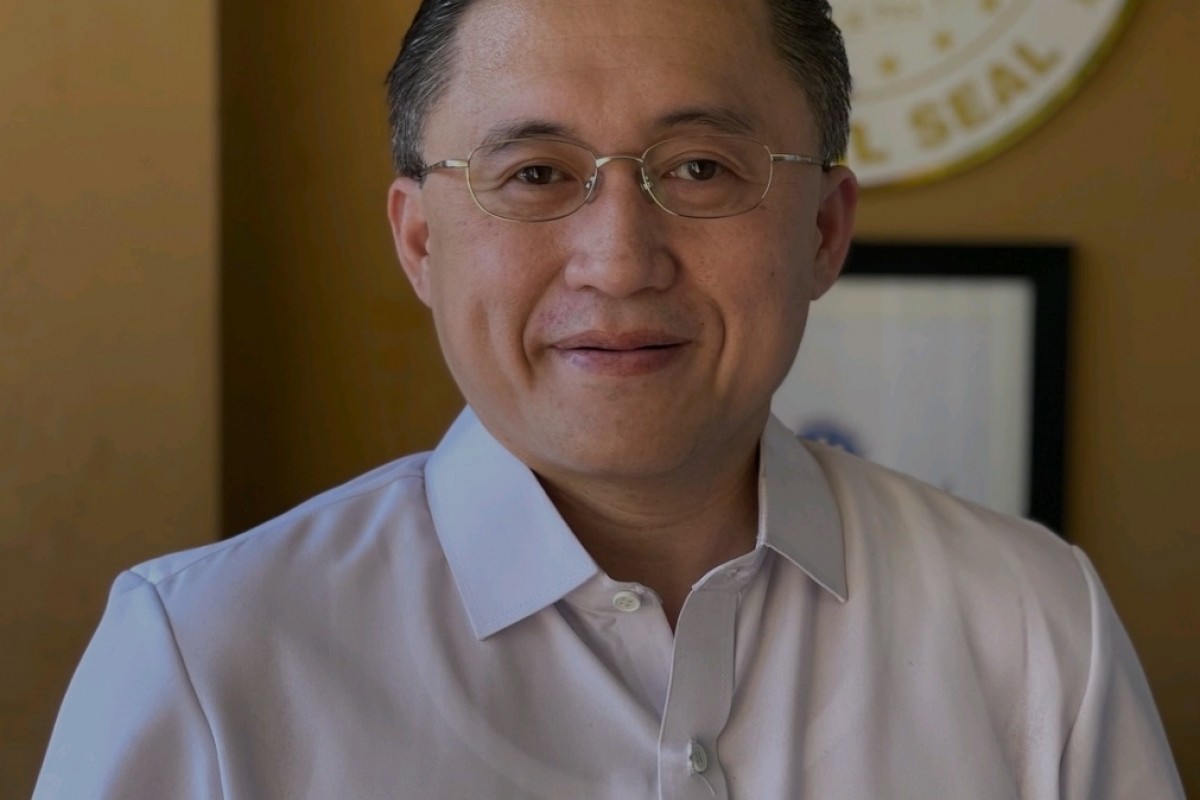PASAY CITY -- Senator Christopher “Bong” Go has raised concern over the impact of the ongoing pandemic and other crises on the mental health of Filipinos and reiterated his call for stronger government interventions, particularly on the provision of psychosocial services and support.
The senator echoed the recent World Health Organization’s appeal for nations to invest more in mental health after the latter reported that just two percent of national health budgets and less than one percent of all international health aid go to mental health.
Chair of the Senate Committee on Health, Go once again called on the government to explore all possibilities of extending needed guidance to families, especially as the COVID-19 pandemic continues to affect not only the livelihood and physical health of Filipinos, but also their emotional and mental conditions.
He stressed that persistent efforts must be exerted to fully accomplish the purpose of the landmark Mental Health Law signed by President Rodrigo Duterte back in 2018.
Republic Act 11036 establishes a national mental health policy directed towards improving the health of the population. It also underscores the basic right of all Filipinos to mental health care while shaping the structural and attitudinal challenges to achieving positive mental health.
Specifically, it aims to provide mental health services at the barangay level, and integrate mental health and wellness programs at the grassroots level so that interventions will be felt by the communities. It also seeks to improve mental health facilities and promote mental health education in schools and workplaces.
As Vice Chair of the Senate Committee on Finance, Go successfully pushed for additional funding for the implementation of the Mental Health Law in the 2021 and 2022 budgets.
The senator had early on urged the relevant agencies to continue working together to expand access to free mental health care and psychosocial support services especially amid the global health crisis.
“I urge PhilHealth to develop as soon as possible a more comprehensive mental health package that will also include consultation and other outpatient services. For as long as it is viable on the part of PhilHealth, coverage should include a much wider range of mental and behavioral conditions,” he appealed.
“I also appeal to the Department of Health to make its existing Medicine Access Program for Mental Health more accessible to as many Filipinos in need of mental health medicines. Although the National Center for Mental Health in Mandaluyong City continues to cater to mental health patients, we have to make this type of government service available to more people nationwide, especially in rural and far-flung areas,” he added.
According to the WHO’s latest World Mental Health Report, about one in eight people globally live with a mental disorder, highlighting that “the suffering is enormous” across the world.
It added that while more than 70 percent of people suffering psychosis receive treatment in high-income countries, the number drops to 12 percent in low-income nations.
Pushing for greater investment in mental healthcare services and facilities, Go stressed, “With or without the pandemic, mental health is very important. Government must make sure that all kinds of psychosocial services and assistance is accessible to our people suffering from all forms of mental health conditions.”
“Huwag na nating pahirapan ang mga mamamayan natin na sila pa ang lalapit sa atin. Gobyerno na dapat ang lumapit sa kanila. As I have said many times before, we have to ensure that no Filipino is left behind on our journey towards full post-pandemic and economic recovery,” he concluded. (OSBG)



